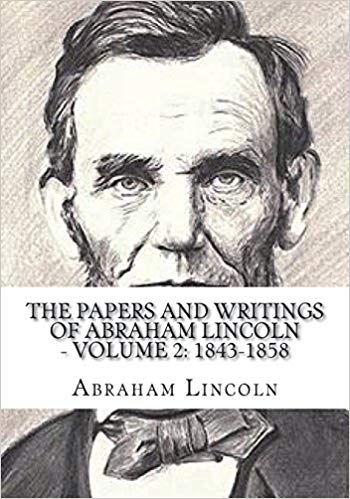Plato and the Socratic Dialogue : The Philosophical Use of a Literary Form
by Charles H. Kahn
2020-07-24 18:40:47
Plato and the Socratic Dialogue : The Philosophical Use of a Literary Form
by Charles H. Kahn
2020-07-24 18:40:47
This book presents a new paradigm for the interpretation of Plato's early and middle dialogues as a unified literary project, displaying an artistic plan for the expression of a unified world view. The usual assumption of a distinct "Socratic" period...
Read more
This book presents a new paradigm for the interpretation of Plato's early and middle dialogues as a unified literary project, displaying an artistic plan for the expression of a unified world view. The usual assumption of a distinct "Socratic" period in Plato's work is rejected. Literary evidence is presented from other Socratic authors to demonstrate that the Socratic dialogue was a genre of literary fiction, not historical biography. Once it is recognized that the dialogue is a fictional form, there is no reason to look for the philosophy of the historical Socrates in Plato's earlier writings. We can thus read most of the so-called Socratic dialogues proleptically, interpreting them as partial expressions of the philosophical vision more fully expressed in the Phaedo and Republic. Differences between the dialogues are interpreted not as different stages in Plato's thinking but as different literary moments in the presentation of his thought. This indirect and gradual mode of exposition in the earlier dialogues is the artistic device chosen by Plato to prepare his readers for the reception of a new and radically unfamiliar view of reality: a view according to which the "real world" is an invisible realm, the source of all value and all rational structure, the natural homeland of the human soul.
Less
















.jpg)




.jpeg)









